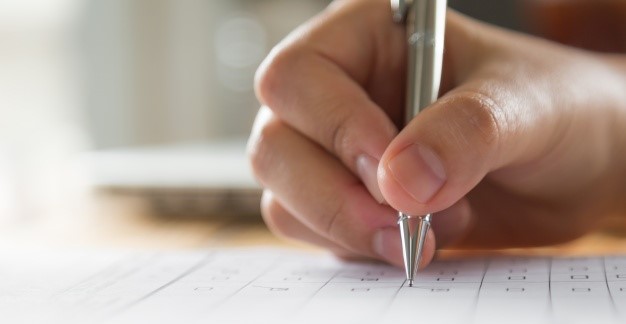
In the Landry Lab, we perform regular professional development assessments for graduate students and postdocs. Below are resources available for mentor-mentee pairs to guide mentee professional development in parallel to their research progress.
.
Establishing a good mentoring relationship from the beginning:
Based on research for mentor-mentee expectations in scientific research, this worksheet is filled out separately by mentor and mentee upon joining the lab. The purpose is to establish expectations between mentor and mentee regarding student ownership of their thesis project. Mentor and mentee can meet and discuss the rationale for their scores, and resolve any discrepancies before the student begins their thesis research.
Download: Establishing a Good Relationship From the Beginning Worksheet
References: Kiley, M. & Cadman, K. (1997), Brown, G. & Atkins, M. (1988). Effective teaching in higher education. Methuen, London. 146-147
.
Individual Development Plans:
MyIDP Science Careers Individual Development Plans (IDPs) encourage mentees to track and discuss their professional progress throughout their graudate or postdoctoral training. In the Landry lab, we perform IDP assessments once a year in January, following the winter break. Markita will fill out an IDP form for all trainees, and will meet individually to discuss the IDP scoring with each student and postdoc focusing on 1) planning the following year of research 2) touching base on each mentee’s career plans, 3) discussing areas of improvement for mentee scientific research and career development progress, and 4) discussing areas of mentor improvement to facilitate above-discussed goals.
Download: MyIDP Science Career Worksheet
References: C.N. Fuhrmann, J.A. Hobin, B. Lindstaedt, P.S. Copyright 2011, 2019 American Association for the Advancement of Science
.
Effective Communication Styles Inventory:
Akin to the Myers Briggs personality assessments, this optional worksheet can be downloaded and filled out by trainees to identify personal communication strengths and weaknesses. Although there are conflicting reports on the accuracy of Myers Briggs personality tests, this worksheet can prompt trainees to consider the various communication styles encountered in the science workplace, and to consider if their communication styles are effective.
Download: Effective Communication Styles Worksheet
References: Wanda Hackett Enterprises 1998, Seattle, WA.
.
Undergraduate research assessment templates:
Undergraduate research is an excellent way to learn about how research is performed and the scientific process. In the Landry Lab, undergraduate students are welcome to reach out to graduate students and postdocs to inquire about undergraduate research project availability, and to stop by our group meetings to learn more.
Undergraduates in the Landry Lab work with a graduate student or postdoctoral mentor. To help support research progress and guide advancement of undergraduate research projects, we use an undergraduate research rubric and an end-of-semester report template:
Download: Undergraduate Research Rubric
Download: End-of-semester Lab Report Template
.
Diversity, Equity, and Inclusion Lab Workshop:
During your scientific training, you will spend more time with your labmates than with just about anyone else. It is therefore important to ensure the lab environment is one that will foster scientific progress for each trainee, and that a culture of mutual support and respect is upheld by all lab members. Designed and led by Landry Lab graduate student Sarah Yang, the Landry Lab performs Diversity, Equity, and Inclusion (DE&I) workshops to discuss these topics among ourselves and establish a basis for our lab culture that will enable all lab members to thrive in science.
Download: Landry Lab DE&I workshop presentation
References: Sarah Yang & embedded in presentation
